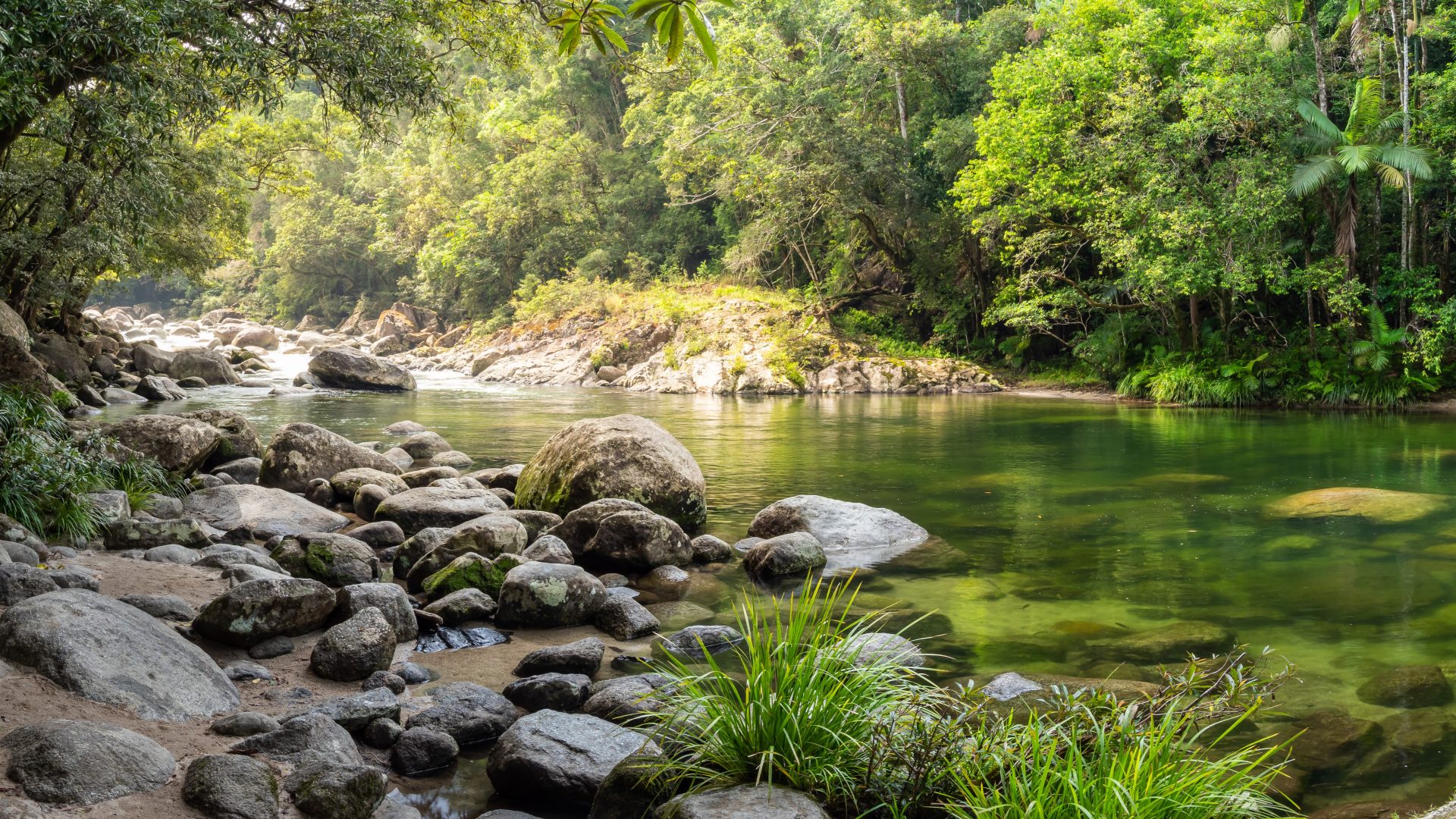By 2025, two thirds of the world’s population could face water shortages and natural ecosystems may be further compromised if nature-positive action is not taken. This is according to guidance published by Business for Nature, supported by Accenture UK and Ireland, as part of a broader collaboration with the World Economic Forum and the World Business Council for Sustainable Development.
The organisations have developed guidance for 12 sectors on the sector-specific actions businesses can take to transform their operations and value chains and how they can contribute to a nature-positive future.
The ‘Water utilities and services: Priority actions towards a nature-positive future’ showcases how the water utilities and services sector can take practical action to reduce their impacts and dependencies on nature.
The guidance outlines five priority actions leaders across the water utilities and services sector need to take to ensure it plays its part in halting and reversing nature loss by 2030 – the mission at the heart of the Biodiversity Plan, otherwise known as the Global Biodiversity Framework.
- Avoid sourcing freshwater in water-stressed regions and areas important to biodiversity; and reduce unsustainable freshwater use.
- Avoid and reduce water pollution.
- Avoid and reduce greenhouse gas emissions.
- Restore and regenerate habitats and ecosystems.
- Transform the sector through circularity, partnerships and policy.
Eva Zabey, CEO of Business for Nature:
“The water utilities and services sector is critical to securing the availability and sustainability of water and sanitation for all – a basic human right. If not urgently transformed, the sector will continue to have significant impacts on nature, with unsustainable freshwater use and competition for water resources exacerbating the global water crisis. Businesses that act now will be more resilient and better prepared for future environmental regulation.”
Several governments, water services and utilities companies are aiming to reduce their impact on nature. For example:
- Denmark now treats 95% of wastewater – often to a higher standard than legal requirements. This has been made possible by upgrading the wastewater treatment system with a number of new and innovative Danish technologies.
- Melbourne Water’s Eastern Treatment Plant (ETP) is set to become one of the largest ‘behind-the-meter’ solar installations in Australia.
Severn Trent is building the world’s first carbon-neutral waste treatment plant in Staffordshire, UK.
Some businesses in the water utilities and services sector have made headway in tackling their impacts on the climate. The sector now needs to move further and faster to address its impacts on biodiversity and nature more broadly.
Find out more about the full series here.



